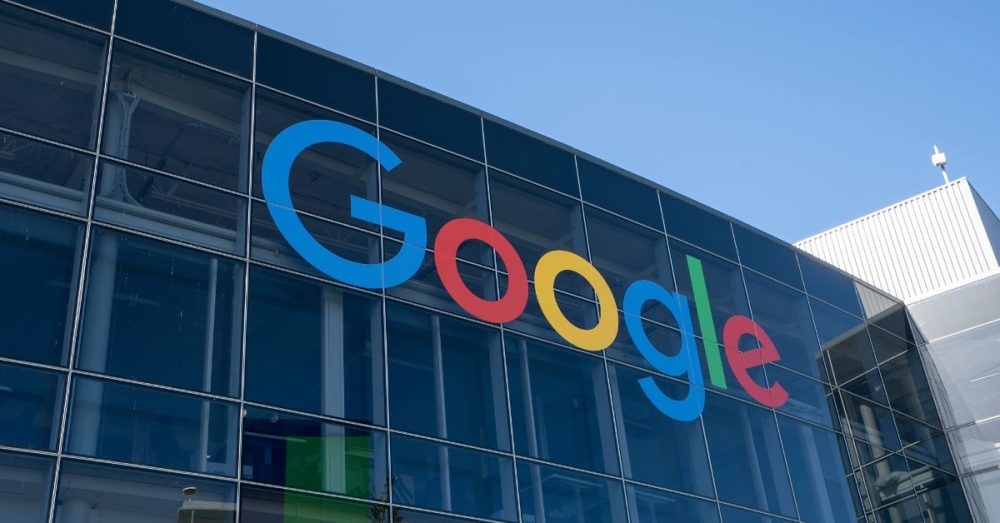A federal judge has determined that Google’s search engine is basically a monopoly, ruling that the tech giant has been unlawfully throwing its weight around in the market to dampen competition.
The ruling follows an announcement by Open AI’s ChatGPT that it will be trying to break into the search engine space, a market that Google currently commands roughly 90% of, as previously relayed by The Dallas Express.
Here’s some of what the Associated Press published on the landmark anti-trust ruling:
A judge on Monday ruled that Google’s ubiquitous search engine has been illegally exploiting its dominance to squash competition and stifle innovation, a seismic decision that could shake up the internet and hobble one of the world’s best-known companies.
The highly anticipated decision issued by U.S. District Judge Amit Mehta comes nearly a year after the start of a trial pitting the U.S. Justice Department against Google in the country’s biggest antitrust showdown in a quarter century.
After reviewing reams of evidence that included testimony from top executives at Google, Microsoft and Apple during last year’s 10-week trial, Mehta issued his potentially market-shifting decision three months after the two sides presented their closing arguments in early May.
“After having carefully considered and weighed the witness testimony and evidence, the court reaches the following conclusion: Google is a monopolist, and it has acted as one to maintain its monopoly,” Mehta wrote in his 277-page ruling. He said Google’s dominance in the search market is evidence of its monopoly.
Google “enjoys an 89.2% share of the market for general search services, which increases to 94.9% on mobile devices,” the ruling said.


